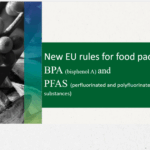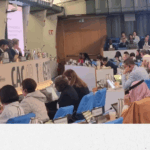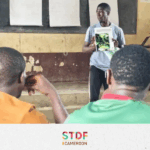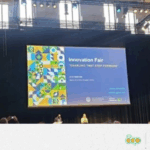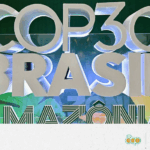Kenya: Digital collective training on GLOBALG.A.P. Standard
- 01/10/2021
- Posted by: Sandra Borma
- Category: Africa, Kenya, News
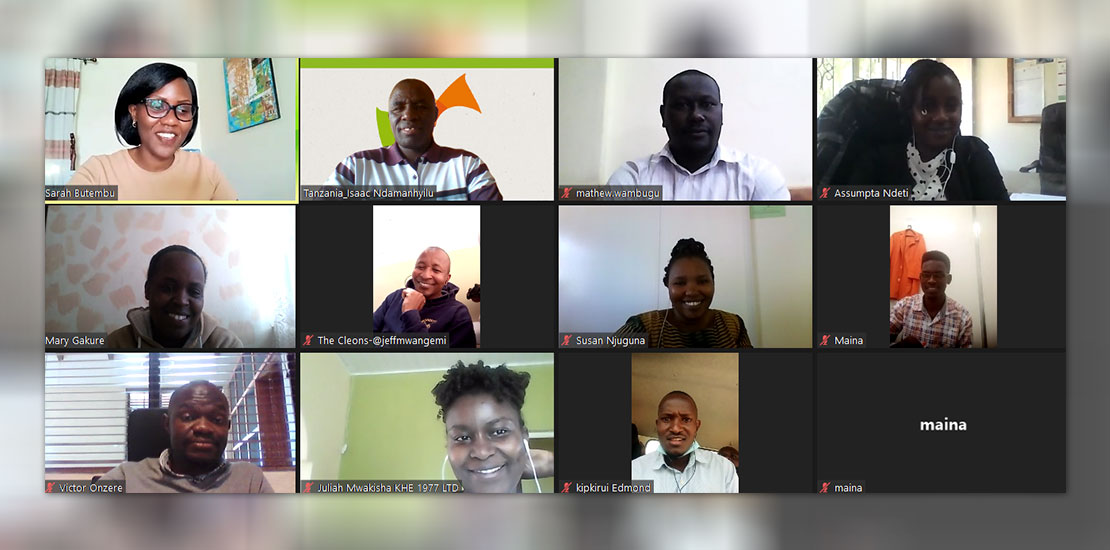
COLEACP organised a remote training course on “GLOBALG.A.P. Standard (Modalities and Checklist)” for partner companies of the NExT Kenya programme from 26 July to 27 August 2021. The training was directed toward companies/cooperatives that are either in the process of implementing GLOBALG.A.P. standards (a set of standards for Good Agricultural Practices) for the first time or are already managing the standards and need a refresher course for existing staff or training for new staff.
The target audience for this four-week digital training included quality managers, production managers and packhouse managers.
On completion of the training, the participants are able to:
- understand the genesis, advantages and challenges of GLOBALG.A.P. certification (the “why” question);
- be aware of the different GLOBALG.A.P. certification options (options I and II) and how to make a choice between them;
- understand the working of an internal control system (ICS) and quality management system (QMS) in the option II group certification set-up;
- understand the difference between internal inspections / internal audits and external inspections by certification bodies;
- be aware of the equipment, processes, budget and human resources implications of GLOBALG.A.P. implementation and certification;
- know the compliance criteria of the GLOBALG.A.P. checklists for individual farms and for QMS auditing, and what this implies for the trainee’s company; and
- understand what a National Technical Working Group (NTWG) is and be aware of National Interpretation Guidelines (NIG).
Fourteen participants were selected for the training. The participants were from seven Kenyan horticultural MSMEs: Agrigate, Kenya Horticultural Exporters (KHE), Marja General Co Ltd, Jani Fresh, Instaveg, Athi Farms Exporters and Ngong Veg Ltd.
This activity is implemented by COLEACP and supported by the NExT Kenya (New Export Trade) programme, established in collaboration with the EU Delegation in Nairobi and Kenyan stakeholders.

